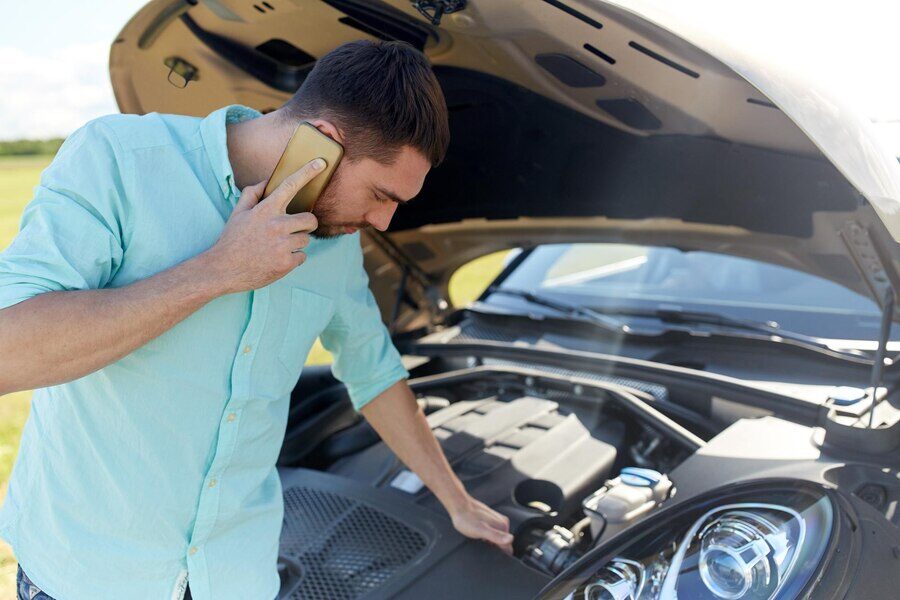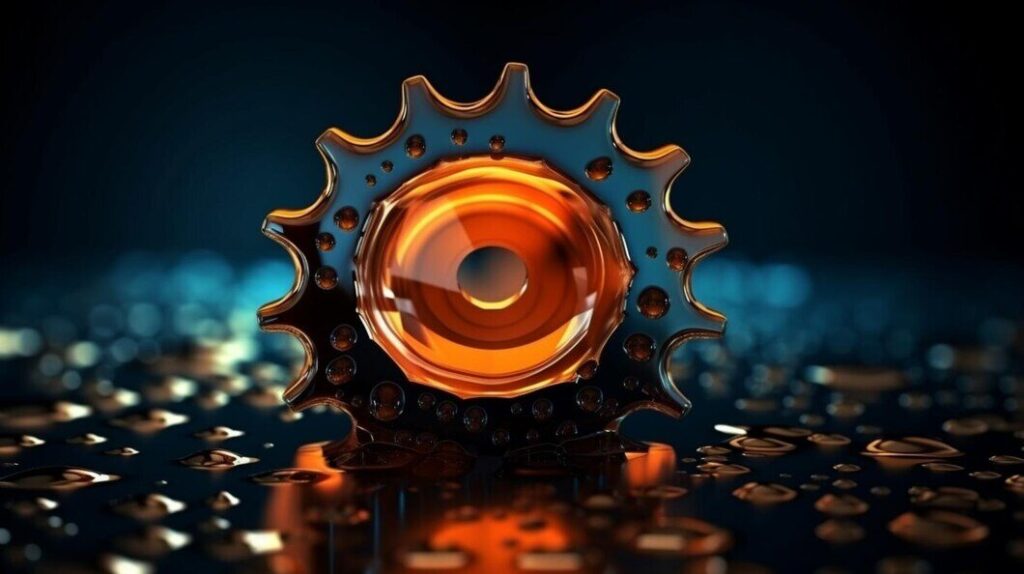Silence The Squeak: Diagnosing Car Noises
by Ankita Tripathy Uncategorized 16 March 2024

You hear a squeak, you hear a rattle, you even hear a clunk. Recognizing these noises is important, but understanding what they indicate is essential.
When your car starts speaking in tongues, it’s telling you that something’s off. It’s begging you for a bit of TLC.
But, how do you know what these sounds mean? What’s the difference between a harmless squeak and a costly clunk?
Stay tuned as we crack the code to these mysterious car noises, helping you to silence the squeak and keep your ride purring smoothly.
Understanding Car Noises

Why does my car squeak when I drive? Must be the most frequent question you ask every time you drive your car. When it comes to diagnosing car noises, you need to understand that each sound can signify a different potential issue with your vehicle. Recognizing these various sounds is a vital part of your car maintenance. So, let’s explore the sound spectrum of your vehicle.
The first thing you need to know is that your car communicates its health status through sounds. A well-tuned engine purrs smoothly, but an off-tune engine growls, grumbles, or even roars. You’ll hear this usually when you’re starting your car or accelerating. If it’s a continuous noise, it’s a clear sign that your engine needs attention.
Next, there’s the whining or humming sound when you’re driving. This is typically a sign that something is off with your transmission or differential. It’s important to get this checked immediately as it can lead to more significant problems if left unattended.
Common Squeaks And Rattles
Diving into the domain of common squeaks and rattles, it’s critical to note that these sounds often point toward loose or worn-out parts in your vehicle’s suspension or body. A common example is the squeaky sound from worn-out shock absorbers or struts, made when you drive over bumps.
Rattles, on the other hand, may indicate a loose exhaust system or heat shield. When you’re driving at a low speed, it’s easier to hear these sounds. So, don’t overlook little rattles because they can lead to significant issues if left unchecked.
It’s also important to listen for squeaks in your brake system. If you’re hearing a high-pitched squeal when you apply your brakes, it’s likely your brake pads are worn down and need replacement.
Additionally, a rattling sound from under the hood could be due to a loose belt or pulley. These components can wear down over time, causing them to lose their grip and create noise.
Diagnosing Clunks And Clicks

Shifting gears, let’s explore the domain of clunks and clicks, noises that often signal potential issues with your vehicle’s drivetrain or suspension system. These sounds can be alarming, alerting you to the fact that something’s not quite right under the hood.
Now, let’s focus on the reasons behind these bothersome clunks and clicks:
- Loose or Worn Out Components: These may include ball joints, tie rod ends, or bushings. If they’re worn or loose, they may knock against other parts, causing clunks.
- Damaged Drivetrain: If your car’s drivetrain is damaged, it can produce clicking sounds, especially when turning the vehicle.
- Broken Suspension Springs: A broken spring in your suspension system can cause clunking sounds as the vehicle moves over bumps or uneven surfaces.
- Faulty Wheel Bearings: A worn-out wheel bearing can cause a clicking noise, especially noticeable when you steer your car.
Read Also: The Ultimate Car Brakes Guide
Noise-Based Trouble Shooting
Having explored the various causes of vehicle clunks and clicks, let’s now turn our attention to the broader concept of noise-based troubleshooting for your car. Your car’s noises are its way of communicating issues to you. Learning to identify and interpret these sounds can help you nip potential problems in the bud.
Let’s start with a squealing noise, usually indicating a problem with your belts. If it squeals more when you start the car, it’s likely the timing belt, whereas a squeal that gets louder when you turn the air conditioning on suggests the serpentine belt. A grinding noise, on the other hand, often points to brake issues. If you hear this while braking, your brake pads might be worn down and need replacing.
Hearing a knocking sound from under the hood? That’s often a sign of a failing engine part, such as a rod knock. A popping noise may indicate a problem with your ignition system, while a whirring sound could suggest an issue with your power steering pump. Remember, accurately diagnosing these noises can save you from bigger, costlier repairs down the line.
When To Visit A Mechanic

While you can diagnose some car noises yourself, there are key situations where it’s best to consult a professional mechanic immediately. If you’re hearing persistent noises despite your troubleshooting efforts, or if the sounds are accompanied by other worrisome symptoms, it’s time to seek expert help.
- A grinding noise while braking: This could indicate worn brake pads. Ignoring this can lead to more costly damage.
- Loud knocking from the engine: This denotes serious engine trouble. Don’t delay a mechanic’s visit.
- Persistent squealing from under the hood: It’s often a sign of a worn or loose serpentine belt. If it snaps, your car will stop functioning.
- Rapid clicking when trying to start the car: Usually, this is a sign of a dead battery. You’ll need a professional to properly diagnose and fix the issue.
Read Also:







































































































